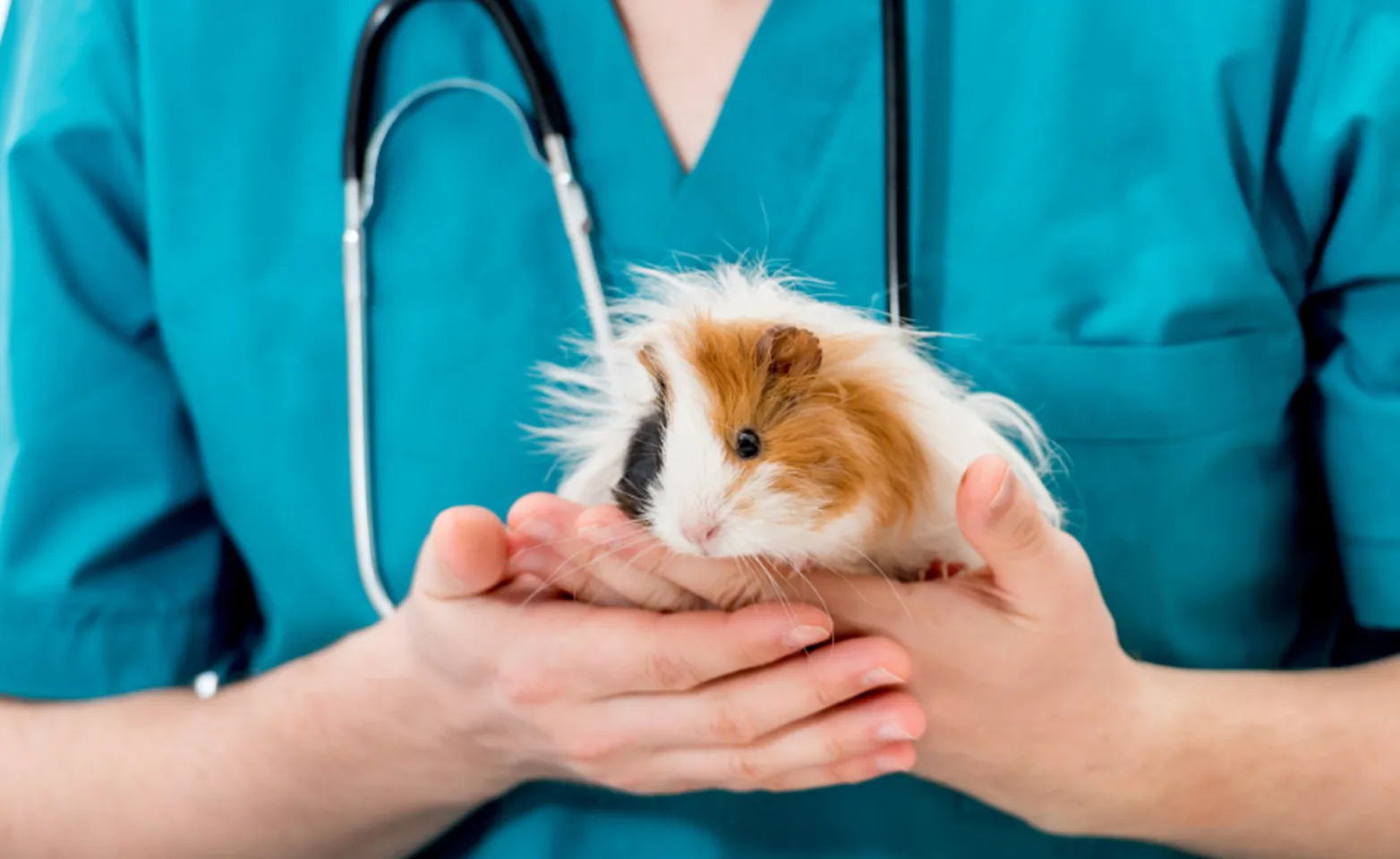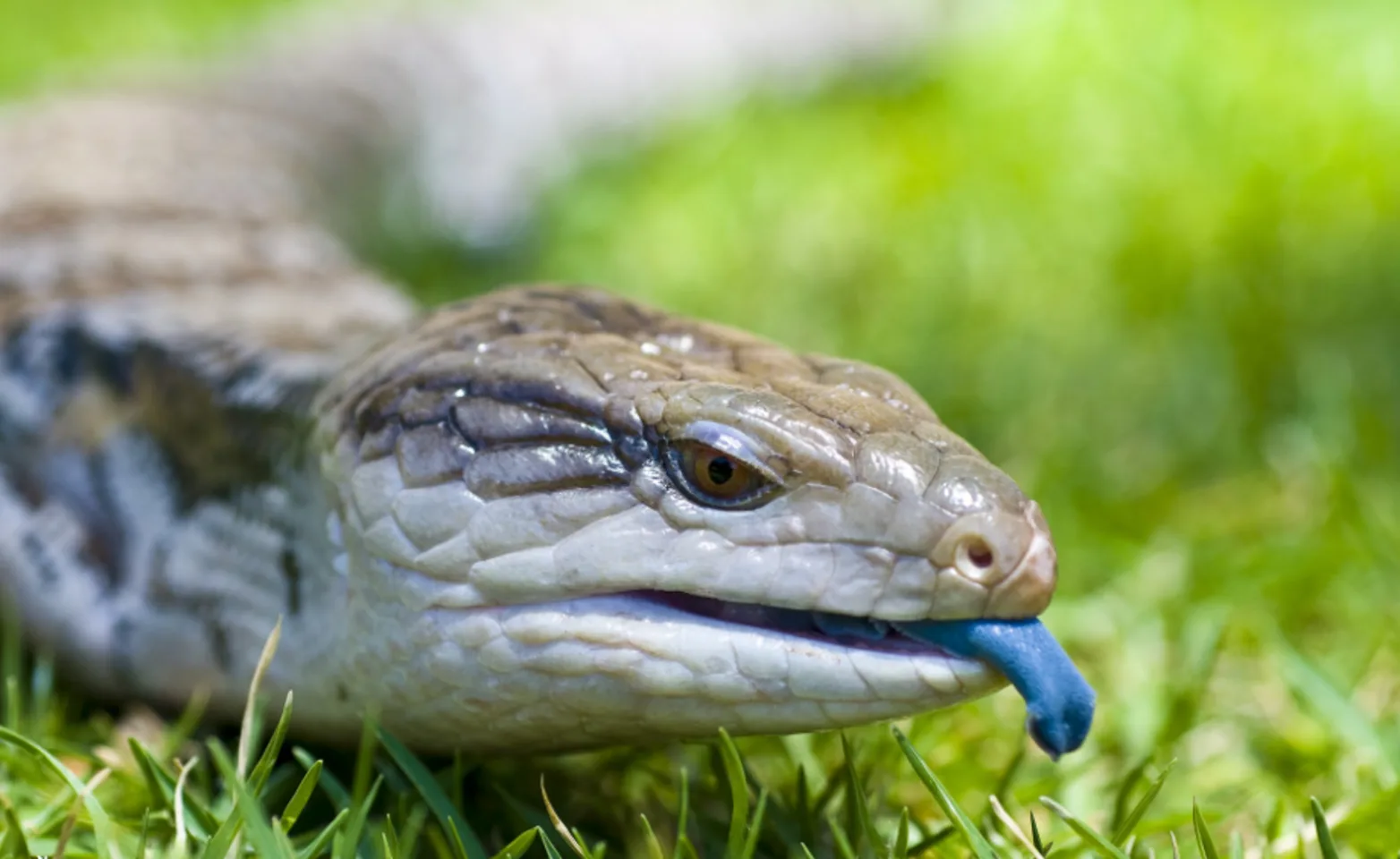Veterinary Vision Animal Eye Specialists

Inherited traits are those which are transferred from parents to offspring via a cellular chemical called DNA. Every cell in our body contains DNA, including those cells associated with reproduction. When an egg and sperm unite to form an embryo, DNA from the two combine to form the DNA of the embryo. Thus, an individual’s DNA will have a combination of DNA from both parents. DNA is composed of individual subunits which are called genes. Each gene is responsible for expression of a specific physical feature, such as the color of one's eyes. All aspects of physical development are controlled by genes. Thus, all physical traits of an individual represent a combination of traits from both parents.
Not all traits which are directed by genes are desirable. Indeed, many diseases have their basis in abnormal genes. Genes can change or combine from one generation to the next. Thus parents can carry genes which are originally harmless, but can cause problems in later generations. This change in a gene between generations is called mutation. Abnormal genes, whether mutated or not, form the basis for inherited disease.
Many eye diseases are known to be inherited. In the dog, eyelid abnormalities, cataracts, and retinal disease are but a few of these. A number of these diseases have been studied extensively through test breeding; as a result the precise genetics of a few conditions have been well worked out. These data have been extrapolated to other breeds with similar disease manifestations.
What can a concerned owner or breeder do about inherited eye disease? The first issue concerns prevention, and the solution lies in early detection. Veterinary ophthalmologists are dedicated to reducing the prevalence of inherited eye diseases. A screening eye examination can only be done by a board-certified veterinary ophthalmologist, and may be done at an early age. This examination is specifically designed to assess for the presence of inherited disease. Animals that are found to be normal in this screening exam may be registered by OFA. For eye exams, registration is good for one year. Registration of animals who are cleared by this simple and painless exam provides a means for responsible breeders to select only unaffected animals for breeding.

Optigen is a company that provides genetic testing for many inherited eye conditions.” Then, “If one wishes to purchase a puppy, it would be advisable to ask whether the parents had passed a screening or Optigen examination. If one wishes to purchase a puppy, it would be advisable to ask whether the parents had passed a screening eye examination. Owners with dogs who fail a screening examination are advised against breeding those individuals. Early cataracts and retinal disease can easily go undetected until they are advanced, and may take years to progress to cause overt disease.
The second issue concerns treatment. Board certified ophthalmologists are trained to diagnose and treat all ocular diseases whether they are inherited or not. Eyelid problems and cataracts are particularly amenable to surgical correction. Many otherwise painful or blind animals can be helped in such a fashion. In this manner, the inherited conditions could never be inadvertently passed on.
